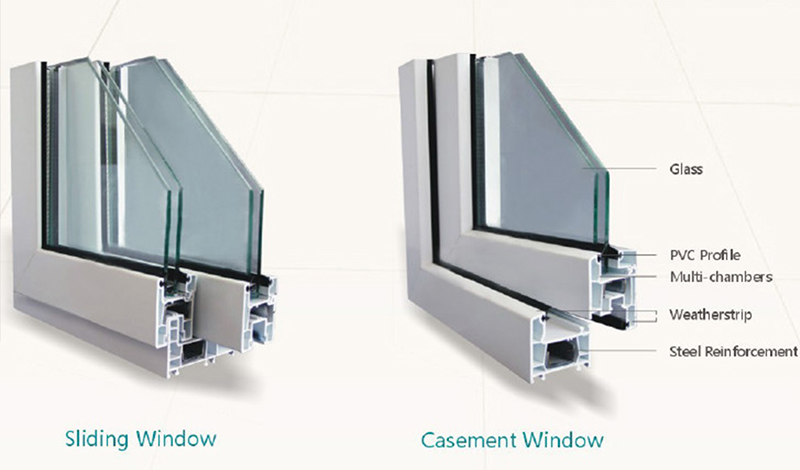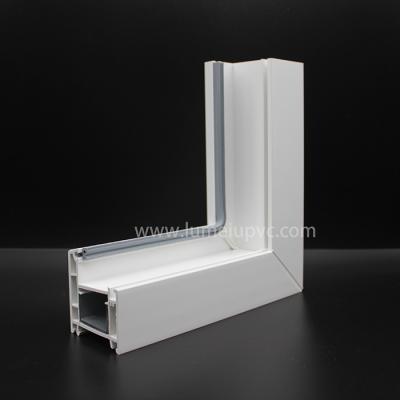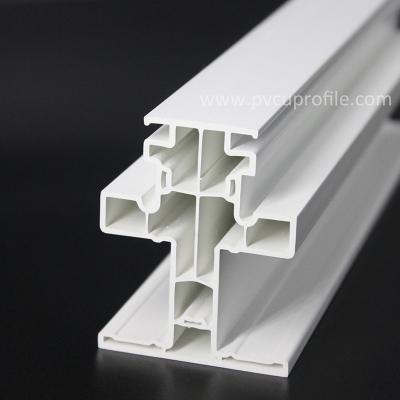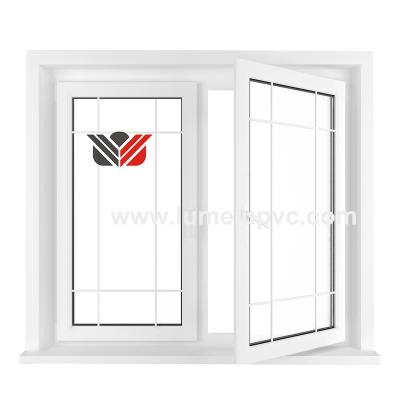What’s the difference between European Windows and American Windows?
1. Design and Aesthetics
European Windows: Often feature a more minimalist and modern design. They tend to have narrower frames and larger panes of glass, emphasizing natural light and views.
American Windows: Typically have a more traditional design, often with thicker frames and a variety of styles, including double-hung, casement, and sliding windows.
2. Functionality
European Windows: Many European windows use a tilt-and-turn mechanism, allowing them to open in two ways: tilting inward from the top for ventilation or swinging open like a door. This design enhances flexibility and ease of cleaning.
American Windows: Generally employ simpler opening mechanisms such as double-hung (where the sashes slide vertically) or casement (hinged on one side). These designs are straightforward and often easier to operate for homeowners.
3. Energy Efficiency
European Windows: Generally designed with energy efficiency in mind, often featuring triple glazing and advanced insulation techniques.
American Windows: While modern American windows can also be energy-efficient, the regulations vary by state. Double glazing is common, and there is a growing trend towards more energy-efficient designs.
In summary, European windows tend to prioritize modern design, functionality with features like tilt-and-turn mechanisms, and high energy efficiency, while American windows often reflect traditional styles with simpler opening mechanisms and a broader variety of designs.
Related Products
Submitted successfully
We will contact you as soon as possible




